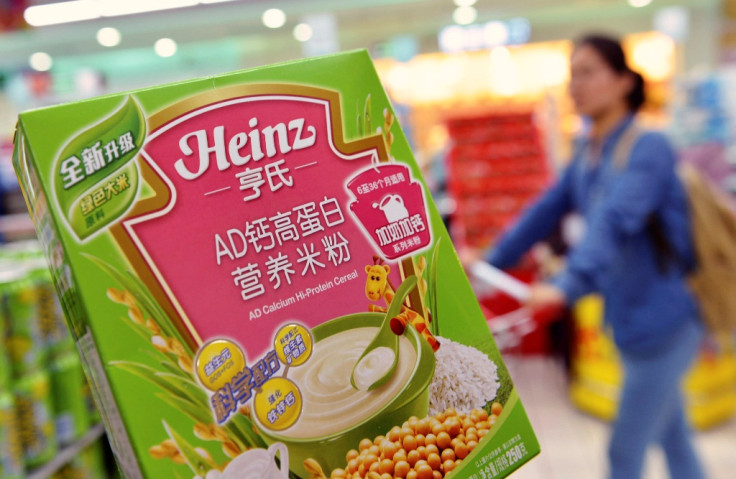Heinz China Recall: Fragmented Supply Chains and Food Tracking Issues Compound Problems

Fragmented supply chains and inadequate food supply tracing technologies have compounded ketchup giant H J Heinz's problems in China, where the firm recently recalled some infant food over a lead contamination scare.
China is dotted with small farms and barcode tracking systems for produce, common in Europe and the US, are largely missing in the nation, Reuters reported.
Barcodes hold details such as the farm of origin, dates of planting and harvest, storage and shipment.
"Standardised traceability of food products does not currently exist in China. It's a long way from it," David Mahon, Beijing-based managing director of an investment firm focusing on China's food and beverage sectors, told Reuters.
"When supply chains are so large, you can't always prevent a supplier buying from someone else if someone else has a cheaper price," an industry executive in China, who previously ran a food processing plant serving multinational firms in China and abroad, told the news agency.
"It's a matter of one guy doing things wrong and the product is contaminated," the executive added.
China's food traceability systems and regulation were classified as "poor" in an August report by the Institute of Food Technologists. That was the lowest score among the 21 countries surveyed.
A March 2014 HSBC report pointed out that seven of China's top 10 farming provinces figured amongst the areas most exposed to heavy metal pollution.
Heinz is the latest firm to suffer a food contamination scare in China. KFC parent Yum Brands, McDonald's, Walmart Stores and New Zealand's Fonterra Co-operative Group have all suffered similar scandals in recent times.
In 2008, milk powder contaminated with the industrial chemical melamine killed at least six infants in China.
© Copyright IBTimes 2025. All rights reserved.






















